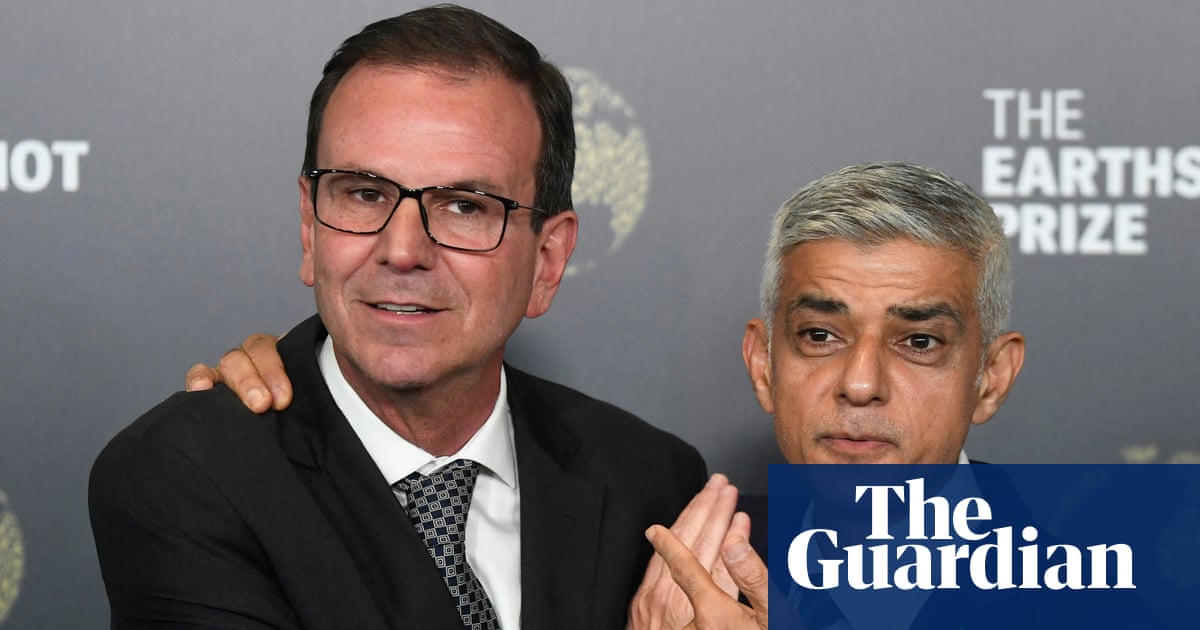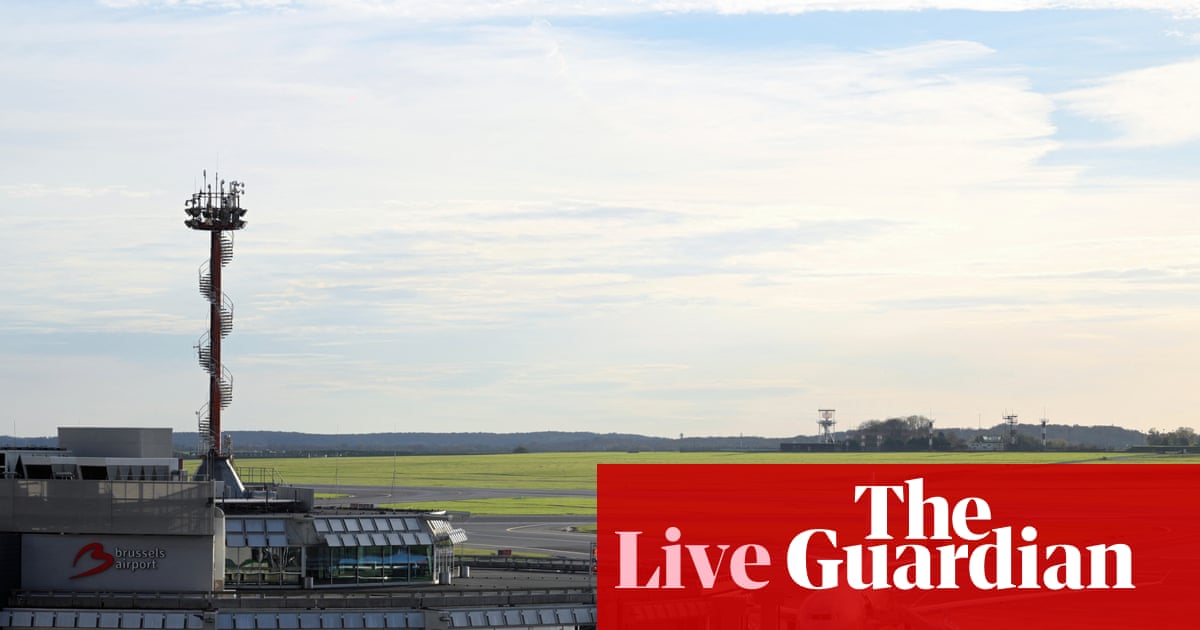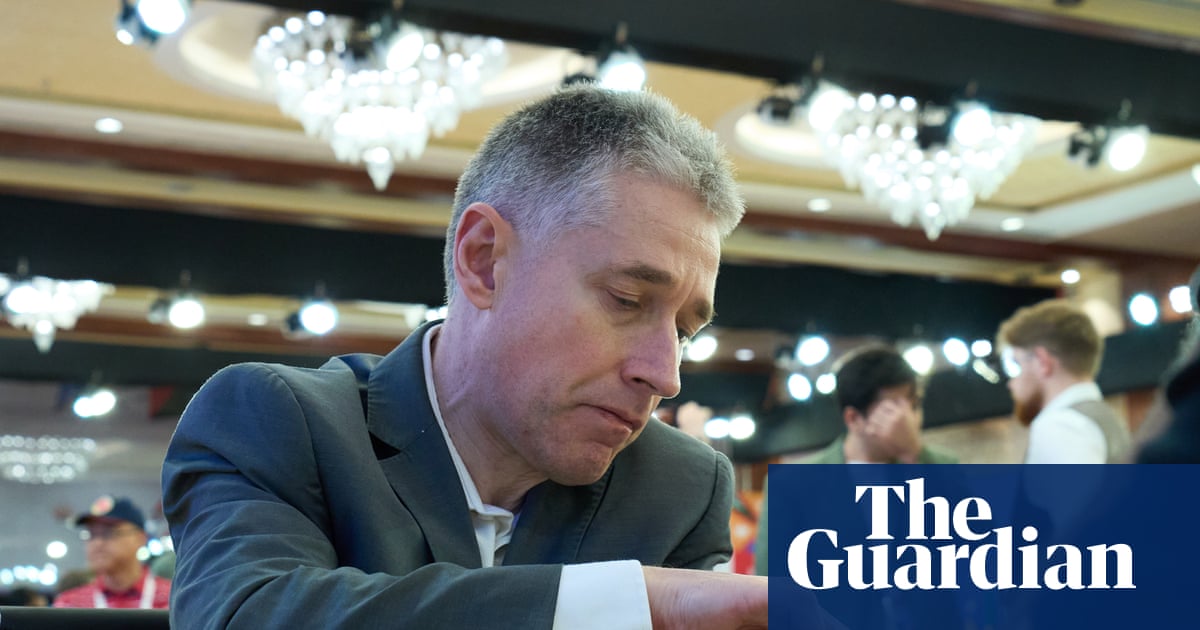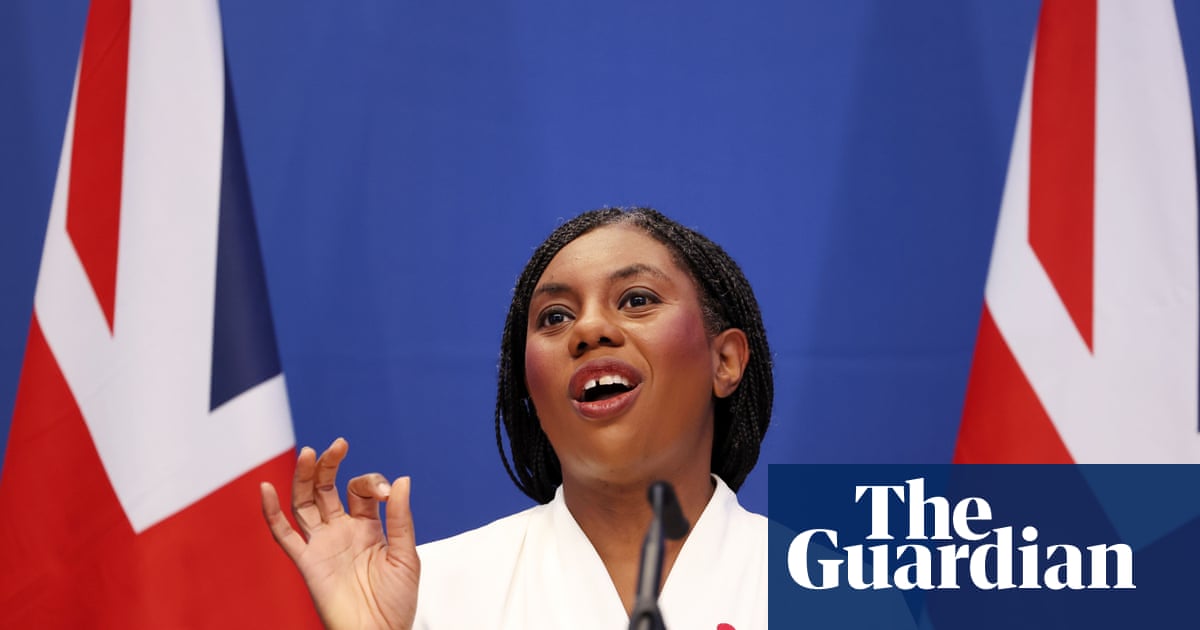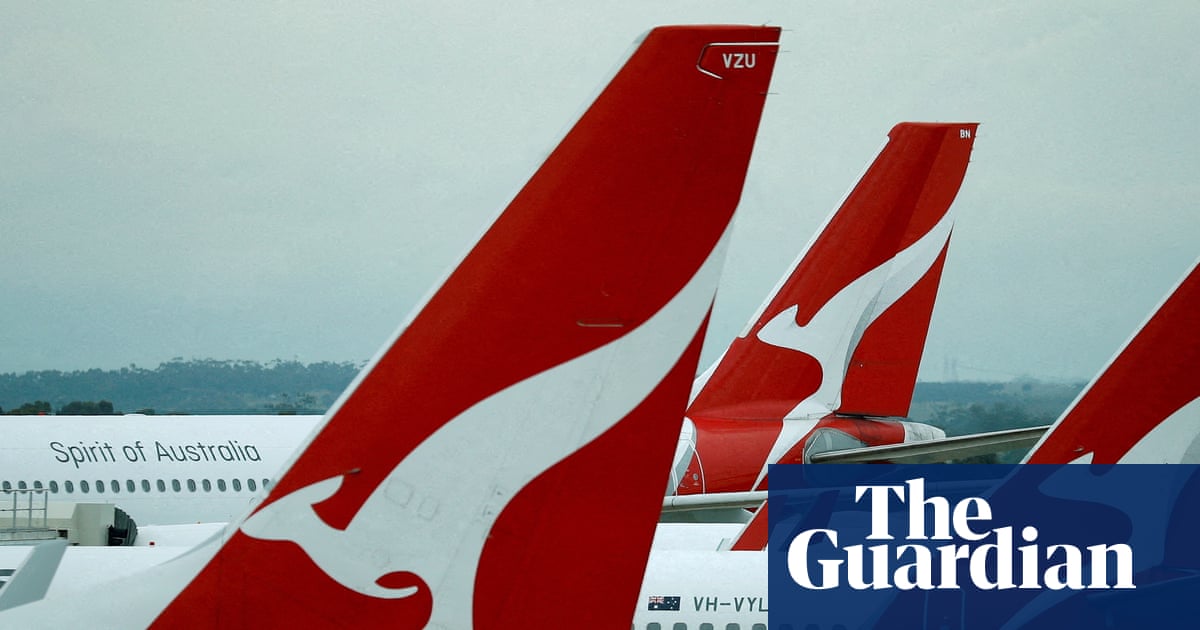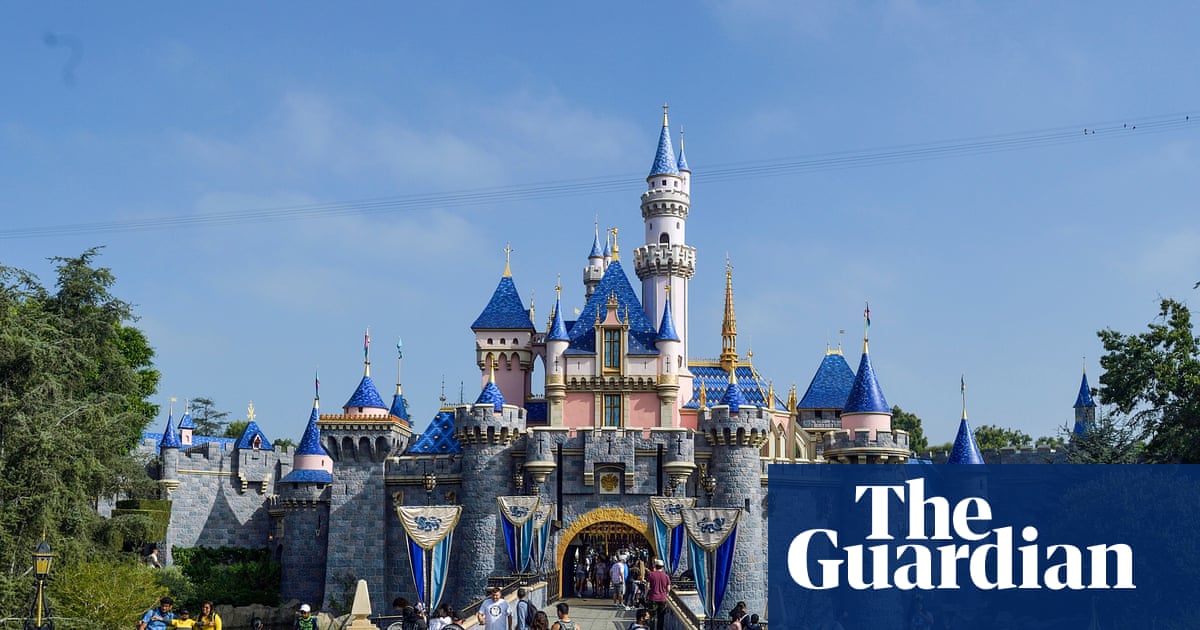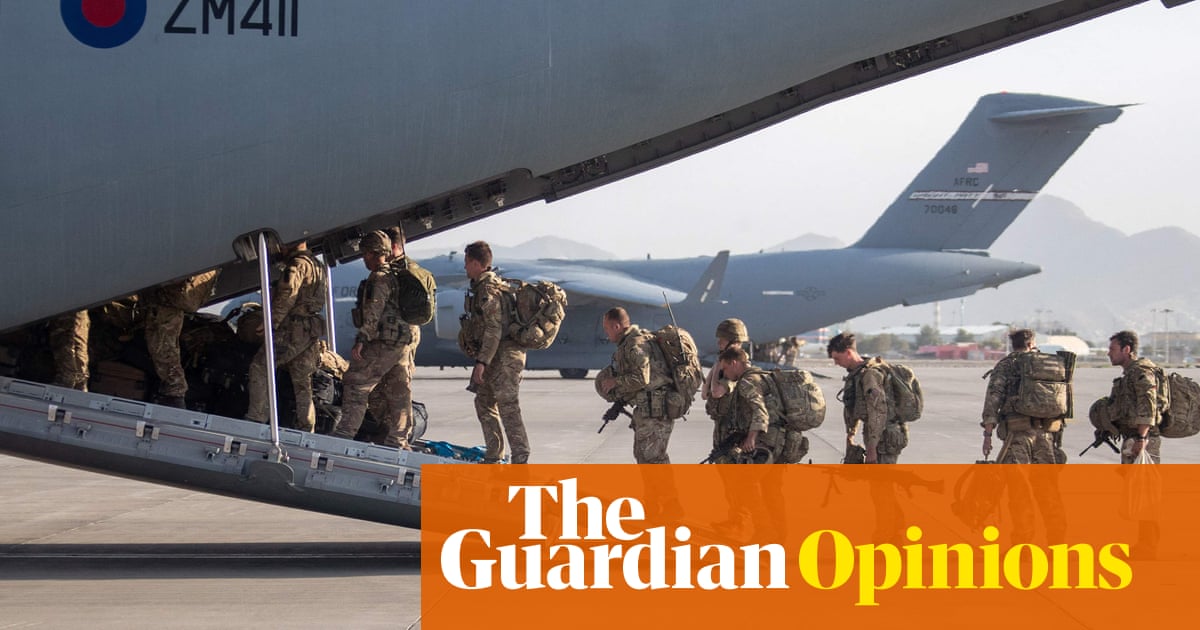The German chancellor has called for a strategic axis between London, Paris and Berlin to tackle illegal migration and deepen defence cooperation, despite declaring that he “deeply deplores” Brexit.
Friedrich Merz appeared alongside Keir Starmer at a press conference in Stevenage after the signing of the Kensington treaty, the first formal pact between the UK and Germany since the second world war. The agreement, signed at the V&A Museum and followed by a meeting at Downing Street, sets out plans for closer cooperation on migration, defence, trade and education, including a framework for school exchanges.
Merz said the treaty was overdue. “We had you in the European Union and we thought that was enough … but we are now learning that it’s not enough, so we have to do more,” he said.
The proposed trilateral alignment was driven by Berlin, but Starmer signalled clear support for closer cooperation with Germany and France, describing the UK’s relationship with Merz’s government as a “statement of our ambition to work ever more closely together”.
Merz reiterated his regret about Brexit – “I personally deplore this deeply,” he said – but his call for three-way cooperation revives elements of the “core Europe” vision first proposed by his mentor, Wolfgang Schäuble, in the 1990s. He envisaged a tightly integrated group of European powers leading the continent, though at the time Britain was not included.
In the post-Brexit world, Merz and Starmer are positioning the UK as too important to exclude, even without rejoining the EU.
As Europe faces renewed threats from Russia and uncertainty over Washington’s future role in Nato, both leaders stressed the need for stronger continental coordination.
Merz said the returns agreement signed by the UK and France last week should be expanded into a three-way pact with Germany to mount a more coordinated response to irregular migration. “The cooperation between the United Kingdom and France … has to be complemented by an agreement that we aim to achieve between the three of us: UK, Germany, France,” he said via a translator.
“We want to drastically reduce illegal migration in Europe. We are on a good path, but we haven’t reached the target yet.”
Starmer confirmed that Germany would amend domestic law to allow authorities to seize boat engines and smuggling components destined for Channel crossings, closing a longstanding enforcement gap.
“We’ve discussed this at great length … [The chancellor] is now going to change the law so that we can intervene,” the prime minister said.
after newsletter promotion
The Kensington treaty – which was signed by Starmer, Merz, the UK foreign secretary, David Lammy, and his German counterpart, Johann Wadephul – includes a range of agreements covering:
-
A mutual assistance clause on national security, including shared recognition that Russia poses “the most significant and direct threat” to both countries.
-
Joint procurement and development of defence technologies including Typhoon jets, Boxer vehicles and long-range missiles.
-
A joint rail taskforce to explore infrastructure links, including a future London–Berlin train line.
-
Commitments to boost school exchange programmes and cultural ties.
The treaty stops short of creating a formal military bloc, but it aligns the UK more closely with Europe’s two largest powers on migration and security, areas that have become increasingly urgent as a result of war in Ukraine and uncertainty about Washington’s commitment and direction.
Merz’s call for a trilateral agreement comes as pressure grows from the far-right Alternative für Deutschland in Germany, where migration and defence spending have become politically volatile. Critics have accused his Christian Democratic Union party of lacking a clear alternative to populist rhetoric, even as Merz tries to position himself as a stabilising force in Europe.

 3 months ago
50
3 months ago
50

